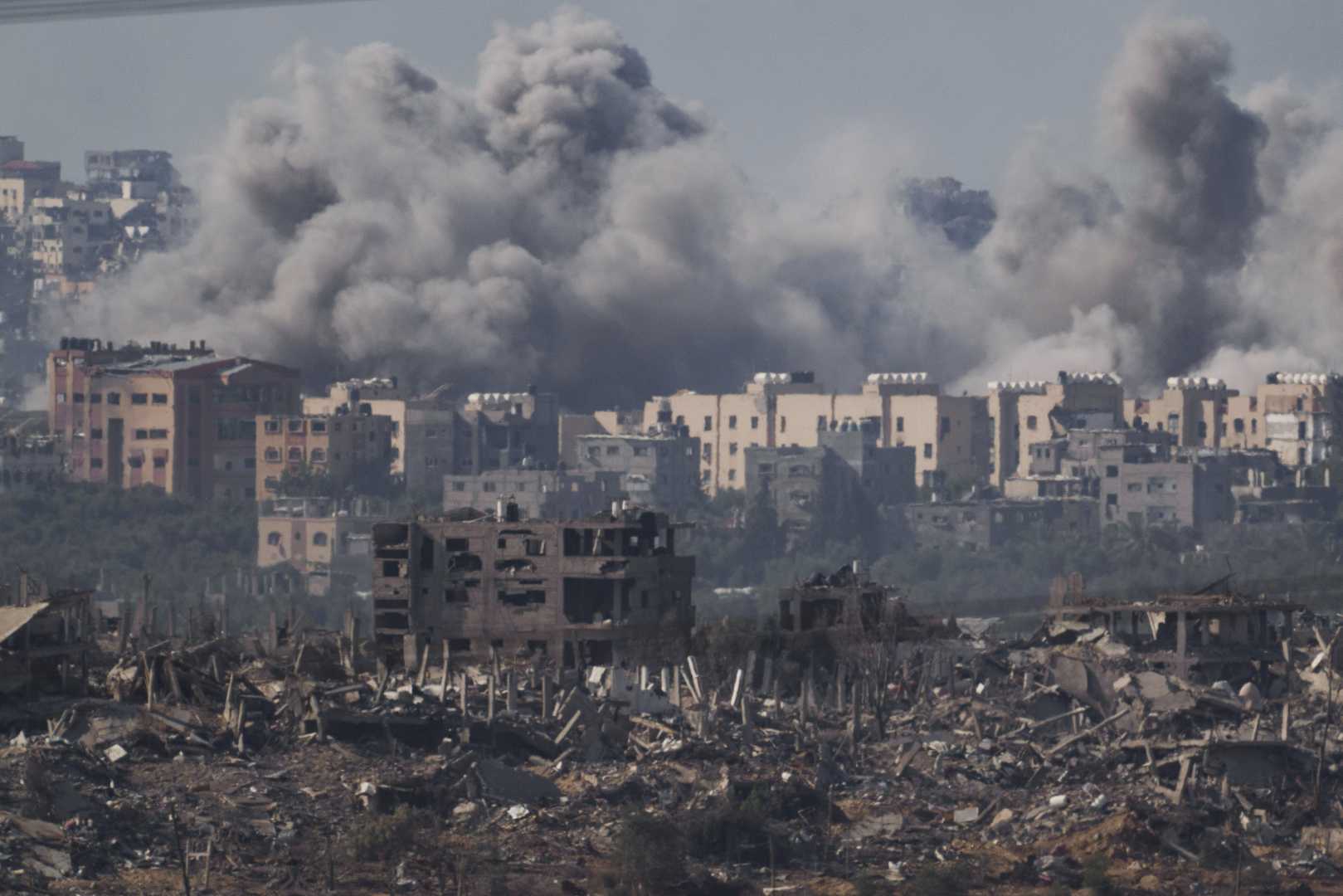World
Israeli Attacks Claim 71 Lives as Violence Escalates in Gaza

GAZA CITY, Gaza Strip — Israeli airstrikes resumed early Thursday, killing at least 71 Palestinians, including a newborn baby, as violence in the region escalated for a third consecutive day following the collapse of a ceasefire. Health officials reported that attacks occurred in both southern and northern Gaza, leading to widespread injuries among civilians.
According to the Gaza Ministry of Health, the predawn strikes resulted in significant casualties, particularly in the southern city of Khan Younis, where at least 20 people died after Israeli forces targeted multiple residences. In northern Gaza, an assault on a family home in the as-Sultan neighborhood west of Beit Lahiya left seven people dead.
“The Israeli attacks across the Gaza Strip have intensified, especially at dawn,” reported Al Jazeera’s Tareq Abu Azzoum from central Gaza. “We understand that the death toll has sharply increased to 71 Palestinians.”
Abu Azzoum added, “Among those victims killed today were a newborn baby, along with children and women.” He criticized the lack of warning given to civilians prior to the strikes, which he described as a “clear strategic approach” by Israeli forces.
The renewed violence follows Israel‘s ending of a nearly two-month truce on Tuesday, which had previously halted hostilities between Israel and Hamas. Khalil Al-Daqran, a spokesperson for the Gaza Health Ministry, stated that over 710 Palestinians have been killed and around 900 injured since the escalation began, with approximately 70 percent of the injured being children and women.
In a tragic incident on Wednesday, a United Nations foreign staff member was killed, and five others were injured during an Israeli airstrike on a UN facility in central Gaza. UN humanitarian aid chief Tom Fletcher expressed outrage over the attack, stating in a press release, “International law is clear. Civilians – including UN staff and humanitarian workers – must not be targeted.” He called for accountability regarding the incident.
UN Secretary-General Antonio Guterres also condemned the airstrikes, expressing his outrage and concern for the civilian victims caught in the conflict.
As Israeli ground forces resumed operations, they reestablished control over the Netzarim Corridor, which separates northern and southern Gaza. Al Jazeera’s Hani Mahmoud emphasized, “The reoccupation is a reminder that the Israeli military is advancing for a larger-scale operation,” underscoring the restricted movement for civilians in the area.
The situation has fueled unrest within Israel, where citizens have expressed their frustrations. Protests erupted in Jerusalem, with demonstrators accusing Prime Minister Benjamin Netanyahu of neglecting the safety of captives held in Gaza while escalating military operations.
While the Gaza Health Ministry reported at least 436 Palestinians killed since the ceasefire was breached, protests indicate a growing urgency among families seeking the return of loved ones captured during the conflict.
Israeli Defense Minister Yoav Katz addressed the residents of Gaza, issuing a warning regarding hostages taken during the conflict. He stated that failure to act would have consequences and urged the return of hostages in exchange for the possibility of easing restrictions on civilians.
In response to the escalating situation, Hamas spokesperson Abdel-Latif al-Qanou stated that Israel’s military actions signify a resumption of war and a new blockade that could further isolate Gaza from essential aid.
As regional tensions rise, the international community faces mounting pressure to intervene and facilitate a ceasefire to protect civilians and stem the violence.












